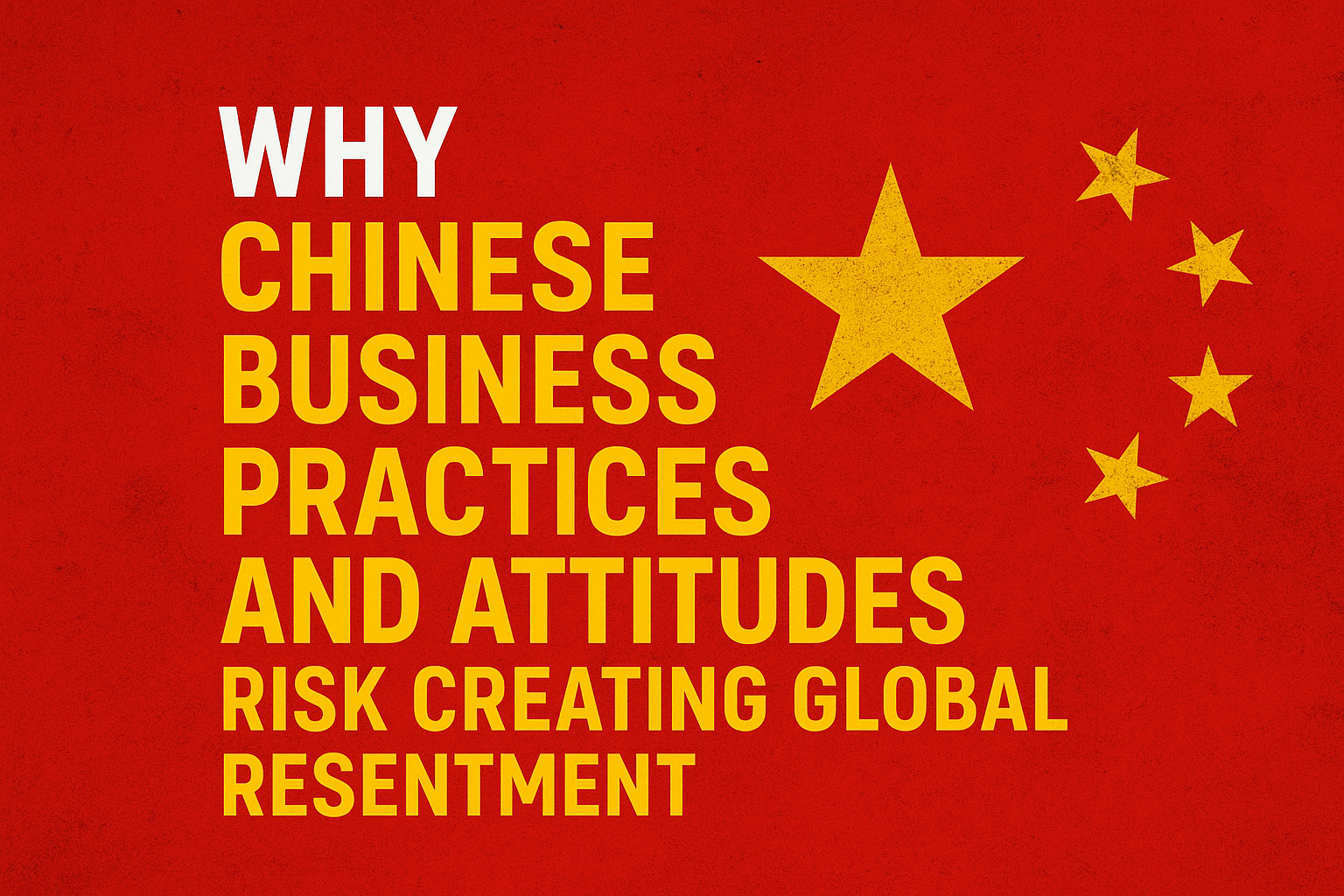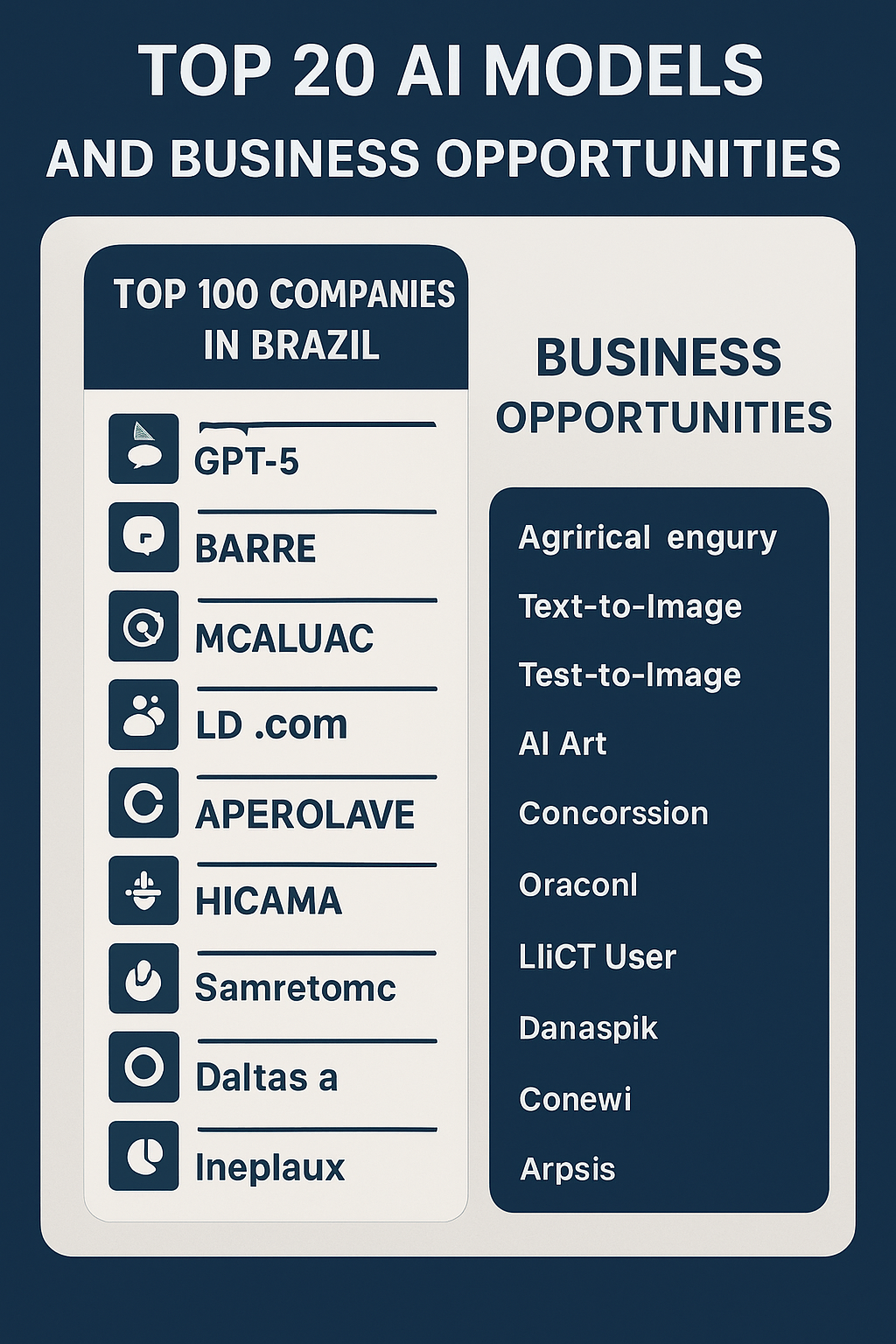
Top 100 Companies in Australia: Key Players and Their Contributions
Discover the top 100 companies in Australia, showcasing their revenues, founding years, and sectors. This comprehensive guide highlights the diverse industries that drive Australia’s economy, from banking and mining to retail and technology, illustrating the impact of these corporations on both local and global markets.












